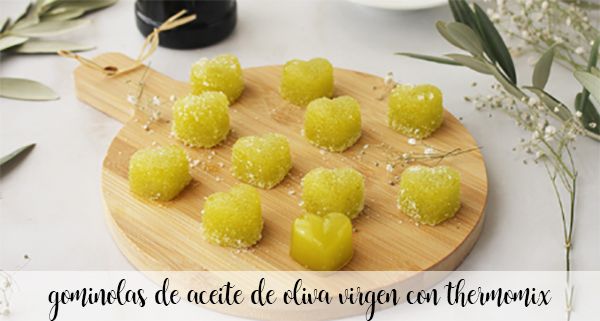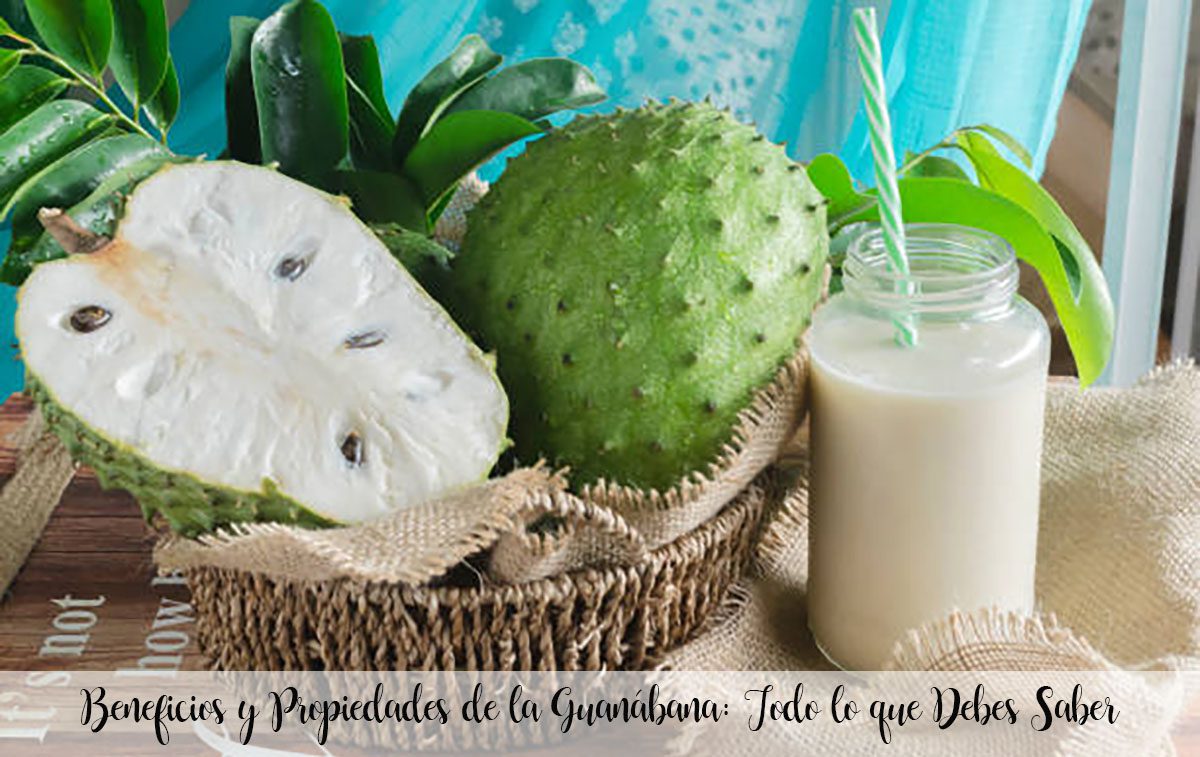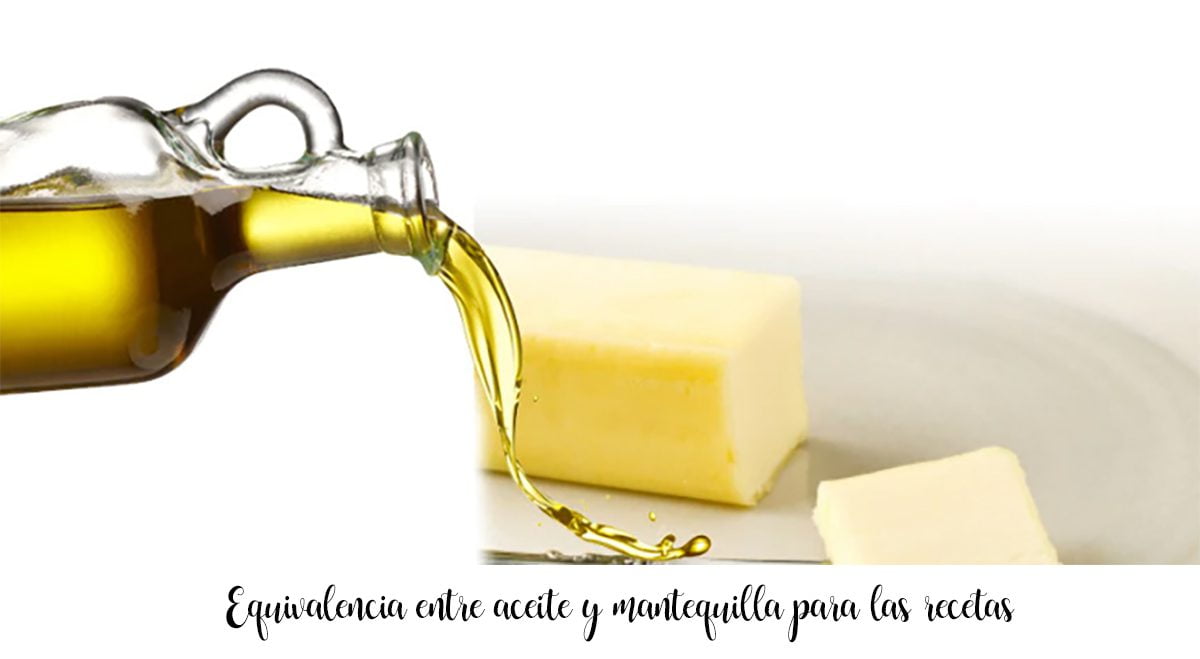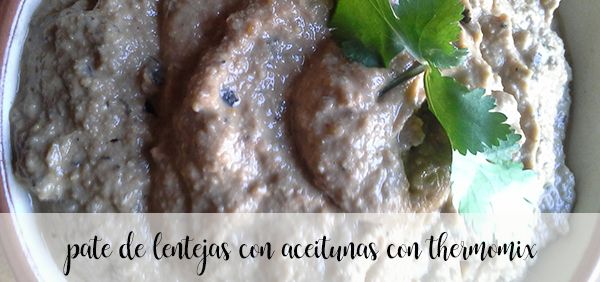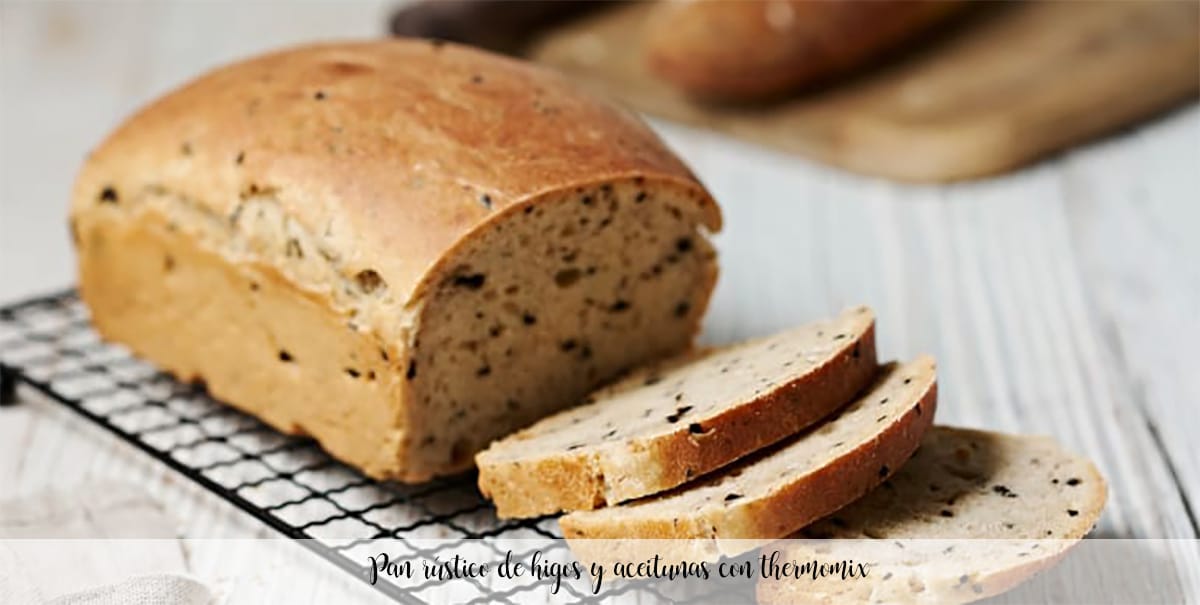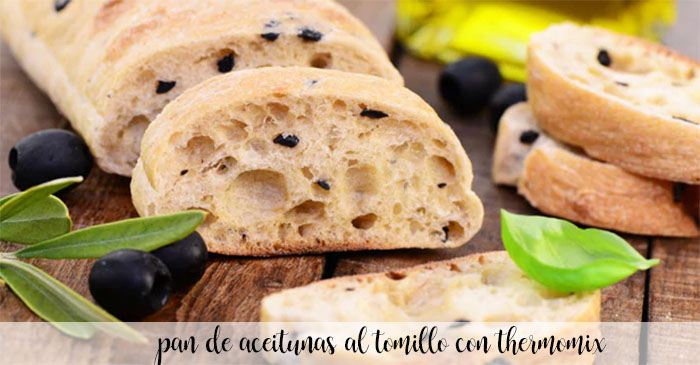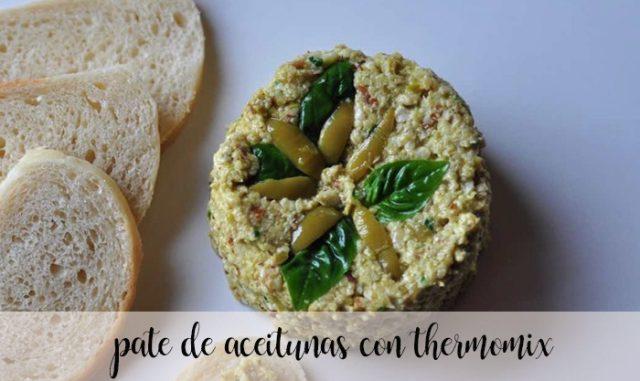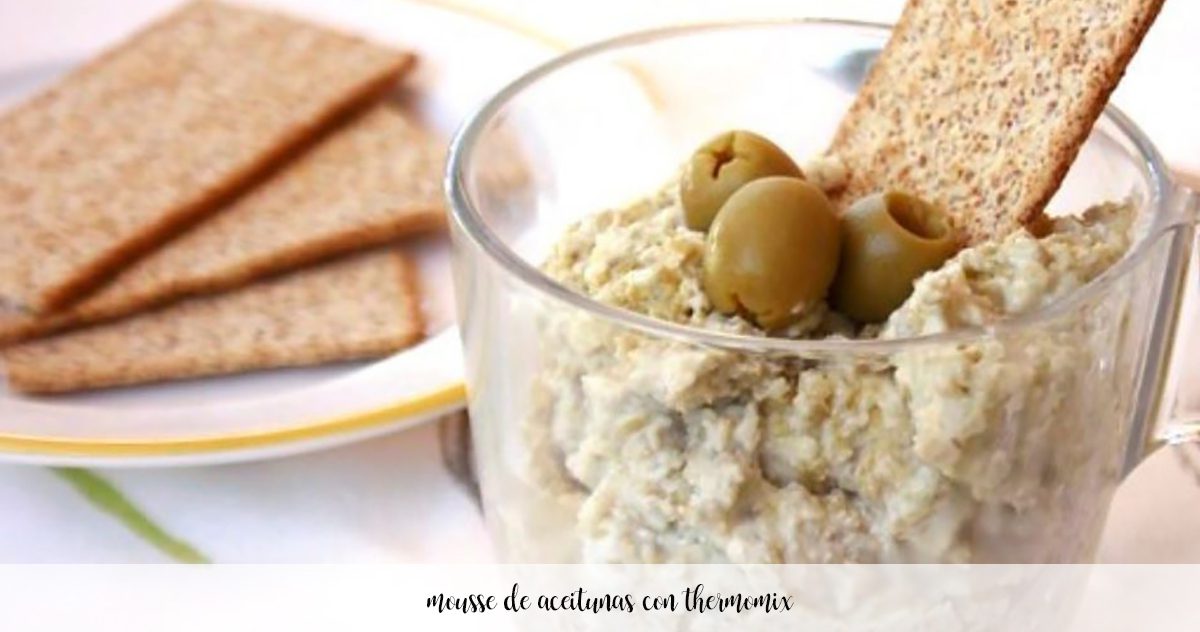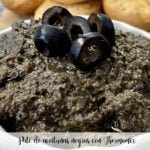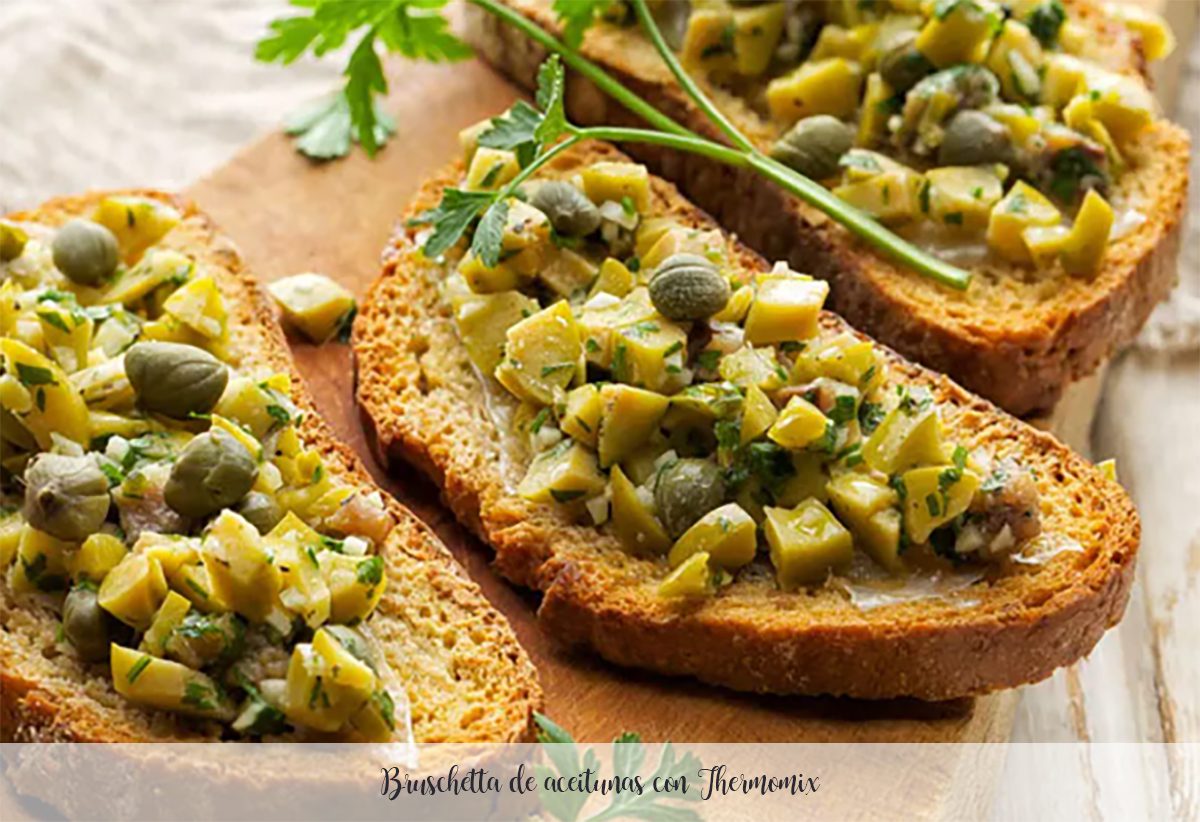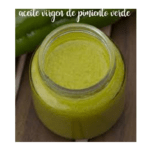Olive oil, that fragrant, golden liquid that has been prized for centuries, is not only an essential ingredient in Mediterranean cuisine, but has also gained worldwide recognition for its many health benefits.
Known as “liquid gold”, olive oil is extracted from olives, the fruit of the olive tree, through a cold-pressing process that preserves its nutritional properties and exquisite flavor.
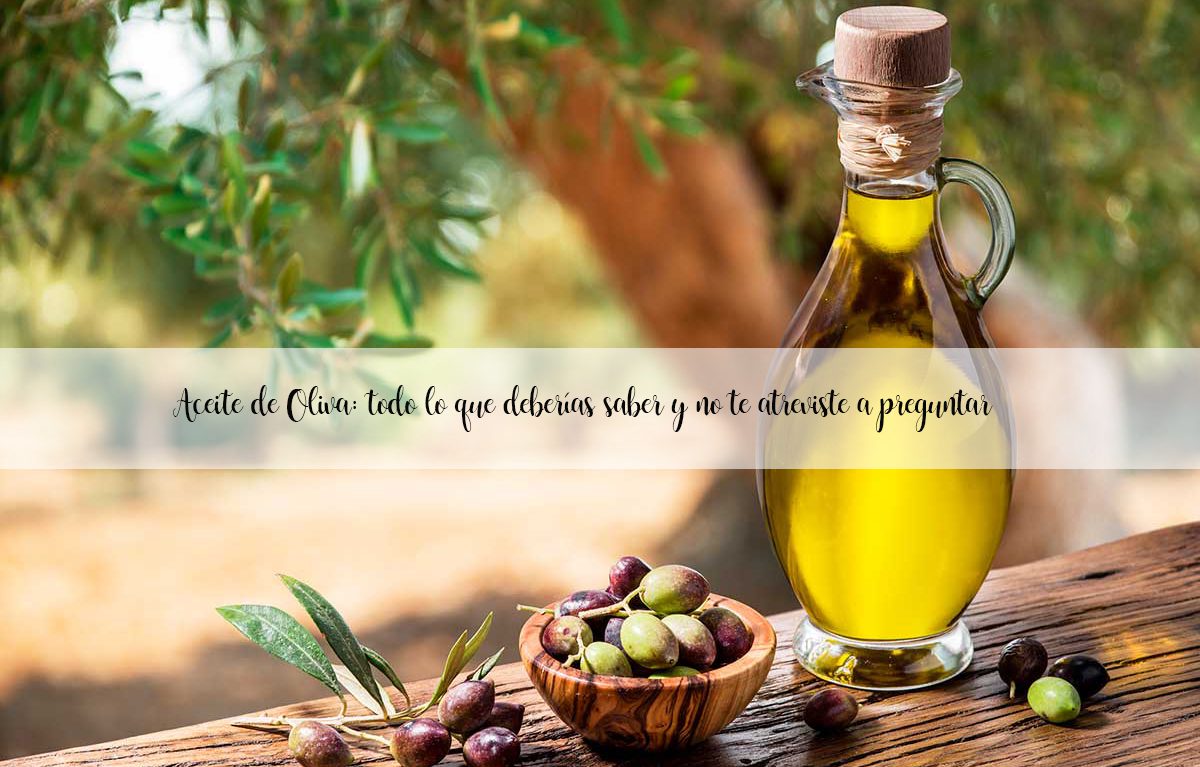
Olive Oil: everything you should know and did not dare to ask
This culinary elixir not only enhances the flavor of a wide variety of dishes, from fresh salads to sophisticated stews, but also offers a multitude of health benefits, ranging from protecting the heart to promoting glowing skin.
In this article, we will explore in depth the reasons why olive oil is a wise and healthy choice in the kitchen, and how its inclusion in our daily diet can transform our quality of life.
Olive Oil: everything you should know and did not dare to ask
Kitchen
Spanish Cuisine
Spanish Cuisine
Category:
kitchen tricks
Olive Oil Ingredients: everything you should know and did not dare to ask
- Olive oil
Olive Oil Preparation: everything you should know and did not dare to ask
types of olive oil, qualities and characteristics.
- Extra virgin olive oil (EVOO): It is considered the highest quality oil. It is obtained through mechanical cold extraction processes, which guarantees that it preserves all its organoleptic and nutritional properties. It has an intense aroma and flavor, with fruity and bitter notes. Its acidity cannot exceed 0.8%.
- Virgin olive oil: It is also obtained by mechanical processes, but its acidity can be slightly higher than that of EVOO, up to a maximum of 2%. It has a pleasant flavor and aroma, although less intense than EVOO.
- Refined olive oil: It is obtained from olive oils of lower quality or with defects, which are subjected to a refining process to eliminate impurities and correct undesirable characteristics. It is then mixed with a small amount of virgin or extra virgin olive oil to enhance its flavor and aroma. It has a maximum acidity of 0.3%.
- Olive oil: It is a mixture of refined olive oil and virgin or extra virgin olive oil. It has a milder flavor and less aromatic than virgin or extra virgin oils. Its maximum acidity is 1%.
- Olive pomace oil: It is obtained from the mixture of pomace oil (by-product of olive oil extraction) with refined olive oil. Its maximum acidity is 1%. It has a more neutral flavor and aroma and is mainly used in the food industry.
- It is important to keep in mind that the quality of olive oil depends on multiple factors, such as the type of olive used, the extraction process, storage, and packaging. To ensure that you are getting quality olive oil, it is advisable to look for certification seals and labels that indicate the type and quality of the oil.
What health benefits does olive oil have?
- Olive oil has a number of health benefits due to its nutritional composition and the bioactive compounds it contains. Some of the main benefits are:
- Cardiovascular Health: Extra virgin olive oil is rich in oleic acid, a monounsaturated fatty acid that has been associated with benefits for cardiovascular health. Helps lower LDL cholesterol (“bad” cholesterol) and raise HDL cholesterol (“good” cholesterol), which can help prevent heart disease.
- Protection against chronic diseases: Extra virgin olive oil contains antioxidants and phenolic compounds that have anti-inflammatory and antioxidant properties. These compounds may help reduce oxidative stress and inflammation in the body, which may contribute to the prevention of chronic diseases such as type 2 diabetes, cancer, and neurodegenerative diseases.
- Digestive system benefits: Extra virgin olive oil can help improve digestion and nutrient absorption. It can stimulate bile production and help prevent digestive problems like constipation.
- Weight control: Although olive oil is a source of fat, its moderate consumption has been associated with weight loss and appetite control. The healthy fats in olive oil help keep you feeling full and can reduce overall calorie intake.
- Brain Health Benefits: The antioxidant compounds present in olive oil may have a protective effect on the brain and nervous system. It has been observed that the consumption of olive oil is related to a lower risk of neurodegenerative diseases, such as Alzheimer’s and Parkinson’s.
- Anti-inflammatory Properties: Extra virgin olive oil contains compounds that can reduce inflammation in the body. Chronic inflammation has been linked to various diseases, so including olive oil in the diet can help reduce inflammation and improve overall health.
- It is important to note that the benefits of olive oil are obtained as part of a balanced diet and an overall healthy lifestyle. It is recommended to consume olive oil in moderation due to its caloric content. Additionally, it is important to choose quality extra virgin olive oil to reap maximum health benefits.
Tips for choosing olive oil
- Opt for extra virgin olive oil (EVOO): Choose high-quality extra virgin olive oil, preferably with recognized quality certifications. Look for trusted, reputable brands.
- Read the labels: Examine the labels to verify the packaging date and the expiration date. Also look for information about the place of origin and the method of cold extraction.
- Dark container: Choose olive oil in dark containers or opaque glass. This helps protect the oil from light and better preserve its properties.
- Aroma and flavor: If possible, carry out a tasting or sensory test to evaluate the aroma and flavor of the olive oil before buying it. Look for fruity, herbaceous and balanced notes.
Tips for storing olive oil
- Store in a cool, dark place: Store olive oil in a cool place, away from direct sunlight and heat sources. Exposure to light and heat can speed up the deterioration process.
- Avoid temperature changes: Keep olive oil away from extreme temperature fluctuations. Don’t store it near the stove or oven, as excessive heat can damage the oil.
- Keep tightly closed: Be sure to close the container tightly after each use to prevent oxidation of the oil and the ingress of air.
- Use within its expiration date: Olive oil has a limited shelf life. Use it within its expiration date to enjoy its optimal freshness and flavor.
- Do not store in the fridge: Unlike other oils, olive oil does not need refrigeration. Storing it in the fridge can cause it to solidify and affect its quality.
- Remember that olive oil, being a natural product, can lose its properties over time. It is recommended to consume it within 12-18 months after the packaging date to enjoy its flavor and nutritional benefits to the fullest.
Olive oil myths and facts
- Myth 1: Olive oil makes you fat.
- Fact: If consumed in moderation as part of a balanced diet, olive oil does not have to contribute to weight gain. In fact, it can be part of a healthy diet and help control appetite due to its healthy fat content.
- Myth 2: It cannot be used to cook at high temperatures.
- Fact: Extra virgin olive oil has a relatively high smoke point, which means it can withstand moderately high cooking temperatures. However, it is important not to overheat it to avoid degradation of its nutritional properties and the development of off-flavors.
- Myth 3: All olive oils are the same.
- Fact: There are different types and qualities of olive oil. Extra virgin olive oil is considered to be of the highest quality, followed by virgin olive oil, refined olive oil and olive pomace oil. The choice of the type of olive oil will depend on the use and personal preferences.
- Myth 4: The color of olive oil indicates its quality.
- Fact: The color of olive oil can vary, but it is not necessarily an indicator of its quality. The color can influence the variety of olive used, the moment of the harvest and the processing. The quality is mainly assessed by chemical and sensory analysis.
- Myth 5: Olive oil does not need to be consumed raw.
- Fact: Extra virgin olive oil can be enjoyed raw to enhance its characteristic flavor and aroma. Use it to dress salads, dress vegetables, add it to sauces or even eat it with bread. However, it can also be used in baking, depending on the recipe and the required cooking temperature.
- It is important to bear in mind that the quality of olive oil, its proper storage, and its consumption in moderation are key factors in reaping its health benefits and enjoying its flavor. It is always advisable to purchase olive oil from reliable and reputable brands.
The latest trends in the olive oil market
- Organic production: More and more consumers are opting for organic products, and olive oil is no exception. Organic production implies the use of sustainable agricultural practices and the absence of pesticides and chemical fertilizers. Organic olive oils are certified and offer a more natural and environmentally friendly option.
- Monovarietal olive oils: Monovarietal olive oils are those made with a single variety of olive, which gives them specific characteristics and flavors. This trend allows consumers to explore a wide range of flavors and aromatic profiles, while highlighting the unique qualities of each olive variety.
- Denominations of Origin: Denominations of origin are a form of protection and quality assurance for olive oils produced in specific geographical regions. These denominations establish rigorous standards and requirements to ensure that olive oil is produced in accordance with the traditions and specific characteristics of a certain region. Some well-known examples are the Protected Designation of Origin (PDO) in Spain and the Protected Designation of Origin (PDO) in Portugal.
- Technological innovations: The olive oil industry has also experienced technological advances. This includes improvements in the extraction, storage and packaging processes, with the aim of maintaining the freshness and properties of olive oil for longer. More efficient and sustainable methods are also being used for the harvesting and processing of the olives.
- Niche market and gourmet oils: There is a growing interest in high-end, gourmet-quality olive oils. Consumers seek unique gastronomic experiences and are willing to explore premium olive oils with exceptional flavors and aromas. These oils are usually produced in limited quantities and come from specific regions or varieties.
- These trends reflect the evolution of consumer preferences towards healthier, more sustainable and high-quality options. The olive oil industry continues to innovate to adapt to these demands and offer a wide variety of options to consumers.
